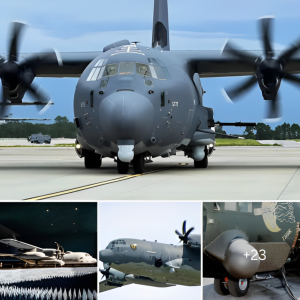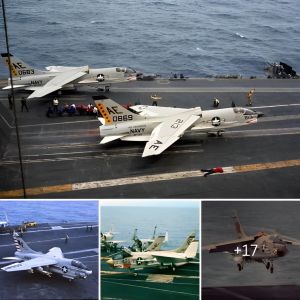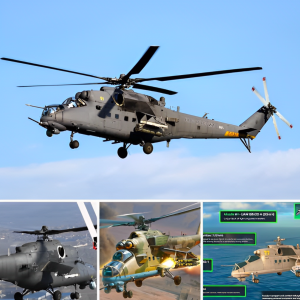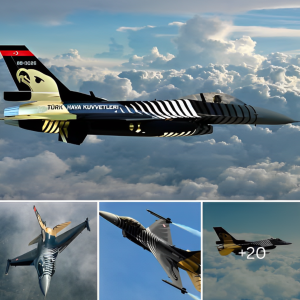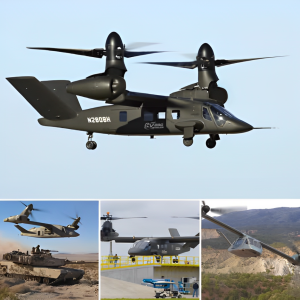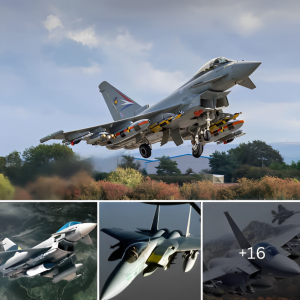Reconnaissance aircraft work as the eyes and ears of armed forces in the skies. With their sensors and their special equipment, they can detect, track and observe things better than any other type of aircraft. Besides that, the most successful aircraft of this kind are designed to survive due to their high speed, maneuverability, and reduced radar cross-section. In most cases, these aircraft were confidential programs of the military. That’s also the case for the US armed forces and more specifically the US Air Force, which has operated some of the most advanced reconnaissance planes that ever existed.
Of course, it’s very complicated and hard to compare these aircraft due to their age difference, but we can spot the five best aircraft of this type without a dump. Moreover, we have gathered three of the best reconnaissance planes that were developed outside the United States and succeeded in the skies.
8/8 SR-71 Blackbird
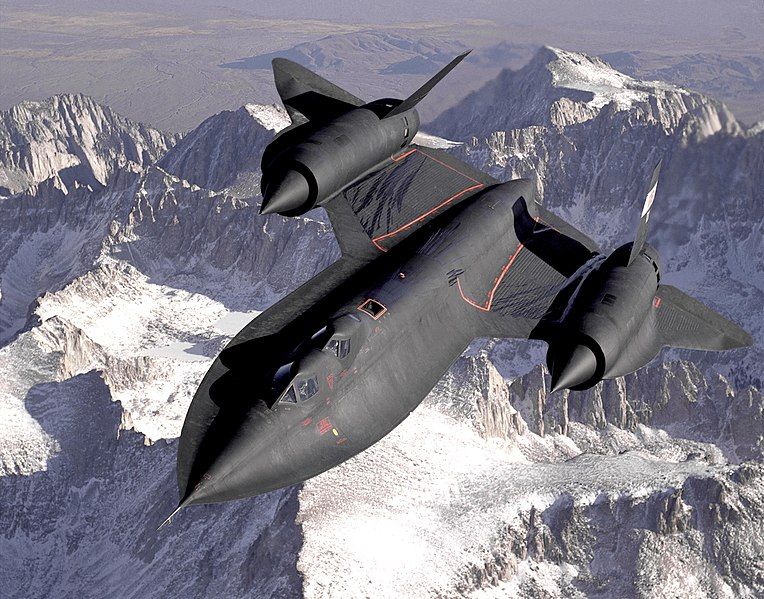
The legendary Blackbird is generally among the most well-known reconnaissance aircraft in history. Developed and manufactured by Lockheed Martin, SR-71 completed more than 3,5 thousand missions on the skies, through more than 54,000 hours of flying. Most of these were made at speeds greater than Mach 3. In total, 32 units were made for the US Air Force and NASA.
The Blackbird, which started serving in 1966, had a length of 105 feet and a wing span of 55.6 feet. Due to its two Pratt & Whitney J58 engines, it could travel at a maximum speed of 2,275 miles per hour. Designed as a long-range reconnaissance aircraft, SR-71 could operate in distances up to 3,250 miles without needing refueling.
7/8 U-2 Dragon Lady
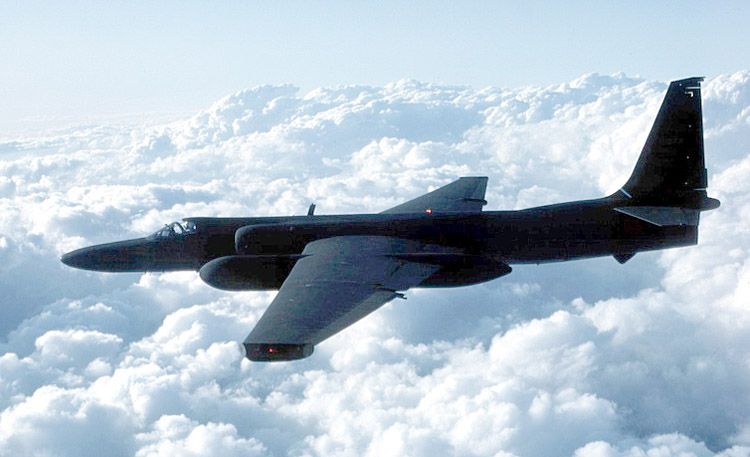
Undoubtedly, the second most popular reconnaissance aircraft is the U-2. The airplane was also designed and produced by Lockheed Martin and is often referred to as the sibling of Blackbird. Most of these aircraft were operating on the Beale air base in California. From 1957, the aircraft became a typical vehicle for reconnaissance, intelligence, command, and more missions.
The Dragon Lady started its career in 1994 as a high-altitude reconnaissance aircraft. Lockheed Skunk Works designed it especially to operate in high altitudes and as a result, the plane could fly up to 17 miles high. Its top speed was limited to 0.8 Mach, while it featured a cruising speed of 430 miles per hour. Its endurance on the skies was almost 7 hours and 30 minutes, with a limit of 12 hours.
6/8 MQ-1B Predator
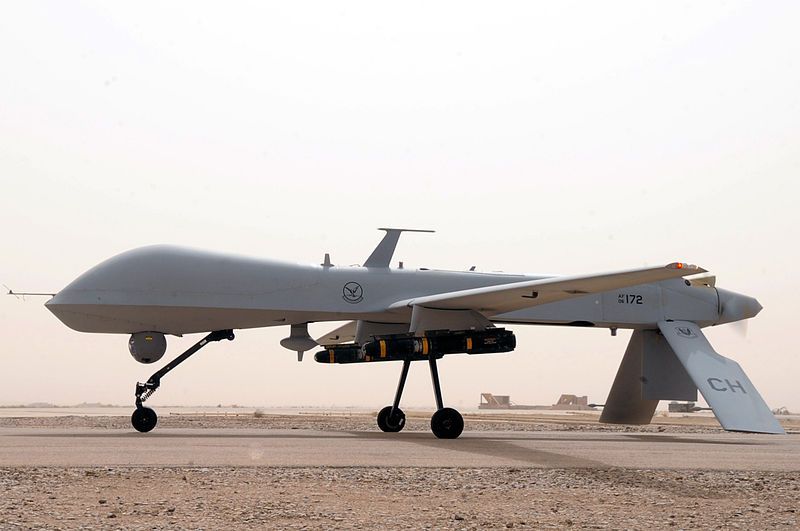
The new generation of reconnaissance planes, MQ-1B Predator and MQ-9 Reaper are unmanned aerial vehicles with reconnaissance and attack capabilities. General Atomics armed them with 6 air-to-land ammunition. MQ-1B is being operated remotely, by one pilot and one sensor operator.
Even if their range is significantly lower than other aircraft on the list, remember that were are talking about unmanned drones that can detect targets and even engage with their armament. The MQ-1 for example has a range of 683.5 miles and can fly at a top speed of 135 miles per hour.
5/8 RQ-4 Global Hawk
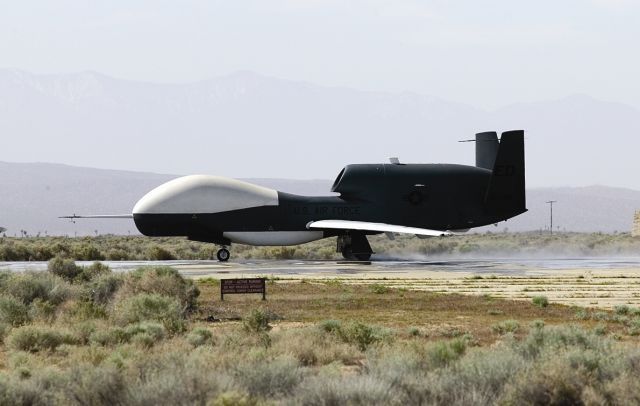
A Northrop Grumman product, RQ-4 is also an unmanned aircraft that operates in the Beale air base of California. Although some of these operate from the Grand Forks base of South Dakota, the aircraft serves both the US Air Force and Navy.
The drone works with a Rolls-Royce – North American F137-RR-100 turbofan engine that provides it with a top speed of 310 knots or 357 miles per hour. Its range is almost 10 miles and there are no armament options.
4/8 Northrop RF-61 Reporter
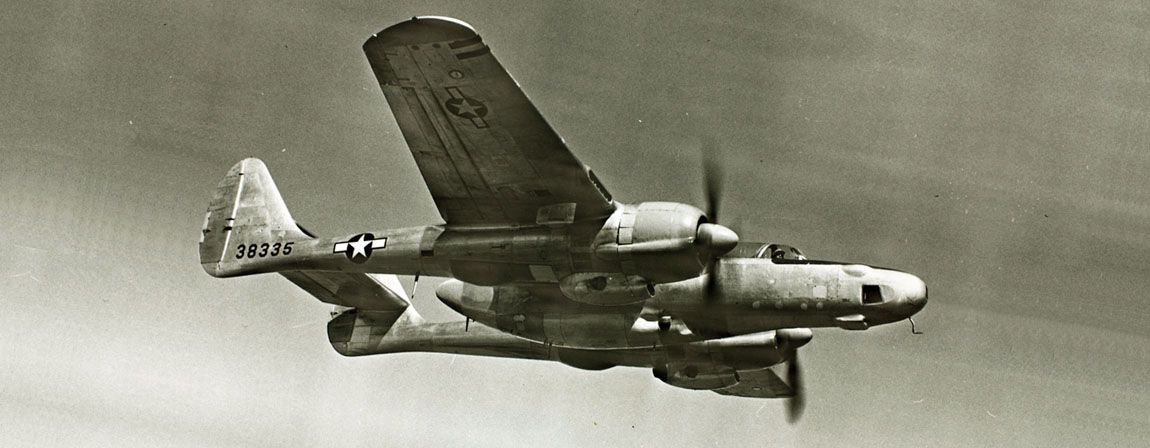
Manufactured by Northrop in the limited number of just 36 units, the aircraft served effectively the US Air Force during World War II and the Korean War. During its deployment, it provided very important images, like some critical photographs in Korea in 1950. It had a maximum speed of 435 miles per hour with two pilots, while it featured a maximum range of 4 miles.
The aircraft made its first flight on 3 July 1945 and retired 23 years later, in 1968. Northrop Corporation built 36 units of these photographic reconnaissance planes.
3/8 De Havilland Mosquito (UK)
Another WWII aircraft, the Mosquito is often mistaken for a bomber. The aircraft, which has a secondary role in light bombing missions, served with great success as a photo-reconnaissance aircraft with origin in the United Kingdom.
Its success was enormous and as a result, more than 7,700 units were made with the model being exported to nations worldwide.
2/8 Mikoyan-Gurevich MiG-25 (Soviet)
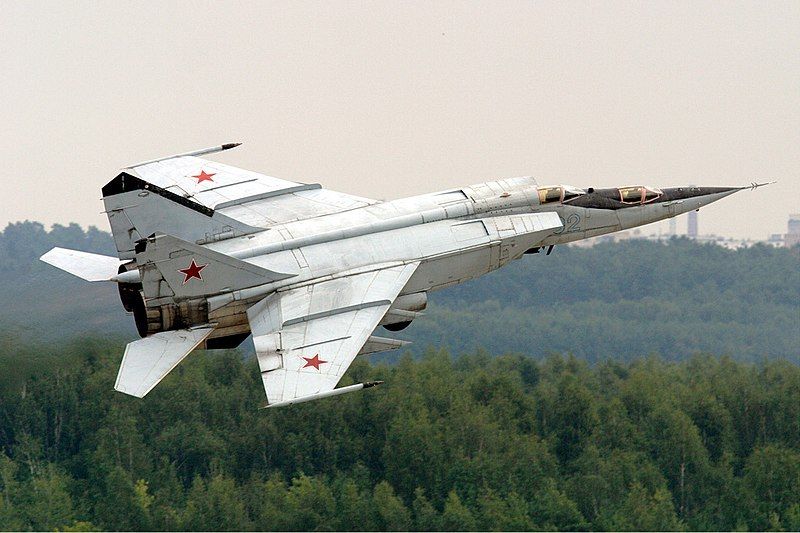
We couldn’t skip one of the most Successful Soviet-designed aircraft in history. The fearsome MiG-25 has a special reconnaissance configuration that provides it with some of the most advanced capabilities in the field.
The Foxbat (that’s a West destination for the aircraft), which also operated as an interceptor aircraft, had a maximum speed of 1.864 miles per hour and a service ceiling of 14.3 miles. Its endurance was 2 hours and 5 minutes, while it has a maximum range of 777 to 1.075 miles.
1/8 Tupolev Tu-22 Blinder (Soviet)
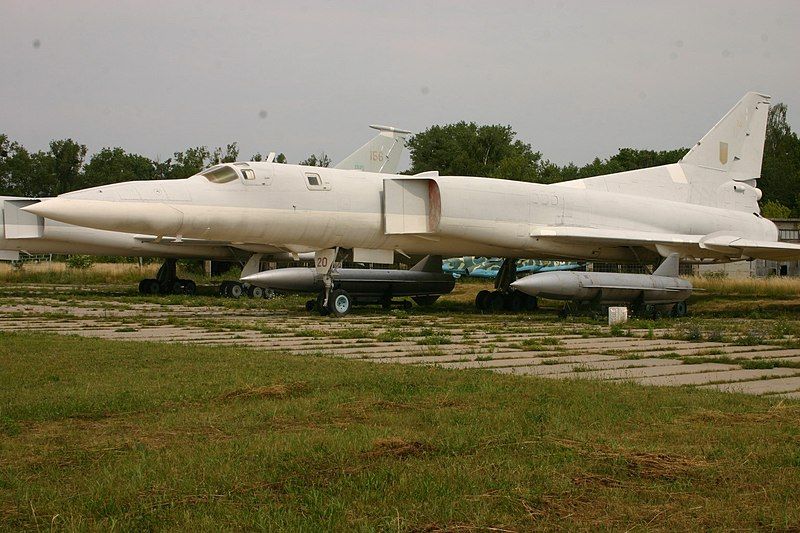
Another Soviet aircraft, the Blinder was not 100% a reconnaissance plane. In reality, it was the first supersonic bomber of the Soviet Union to enter the production stage. After it acquired the ability to be refueled during flight, it could start its career as a reconnaissance airplane.
The Soviet manufacturer Tupolev produced 311 of these aircraft, which was a total failure in the role of a bomber. They hadn’t the required range of speed to operate in such a role and as a result, they could only be deployed in different missions. And yes, it looked really weird!
